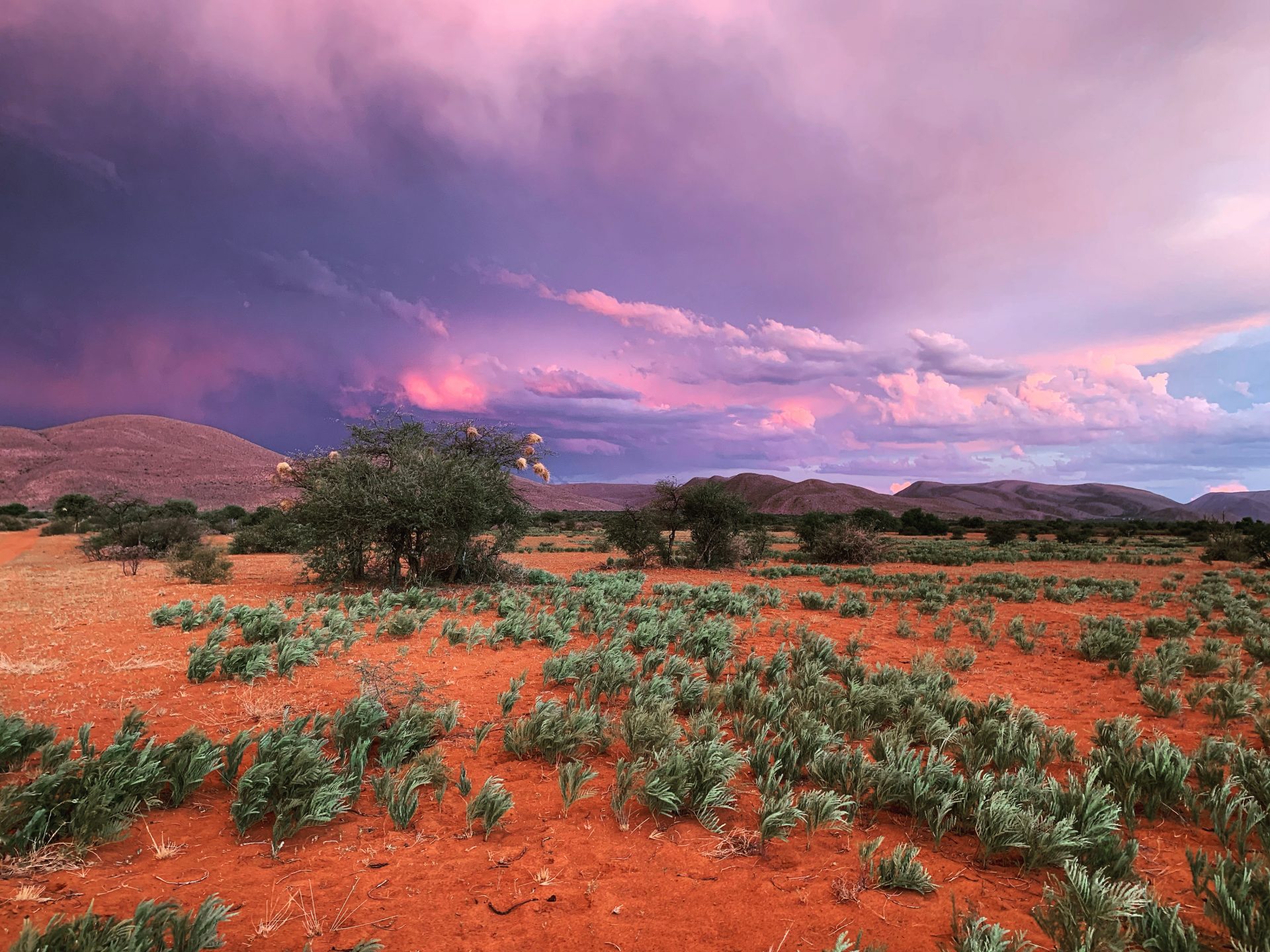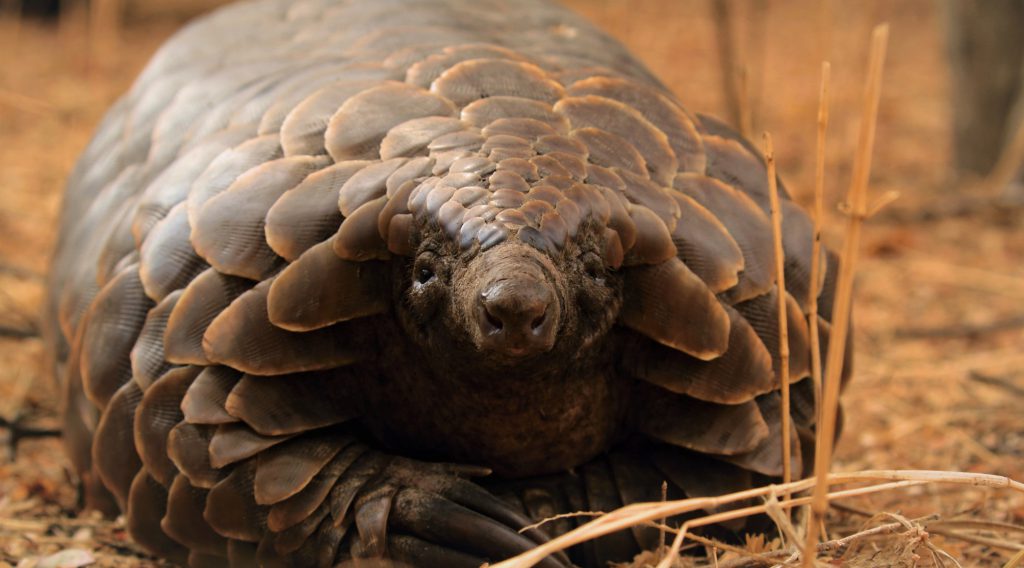SUSTAINABILITY – THE JOURNEY CONTINUES
To help Tswalu measure and assess its sustainability goals, Tswalu is working closely with sustainability expert, Julie Cheetham. This is the first of what we hope will become regular, thought-provoking contributions by Julie, tracking Tswalu’s journey towards greater sustainability.
Tswalu means ‘a new beginning’ – a name chosen to symbolise an ambition to restore the uncompromising beauty and richness of the southern Kalahari. It also serves as a reminder of the responsibility towards the people and wildlife of this region. Tswalu’s ecotourism venture has a notably low ecological impact while also contributing significantly to the sustainability of the reserve and its achievement of its conservation and community upliftment goals.
Tswalu has always monitored its consumption of resources, such as energy and water, but up until now never in its entirety. In 2020, Tswalu began to focus more intently on sustainability and embarked on a journey to ensure that the business is balanced and regenerative. As a fellow member of The Long Run, Tswalu is committed to working towards best practice in sustainability focusing on the sustainable use of resources, as well as ensuring that its commercial, conservation, community and cultural preservation activities are amongst the best in the world. In the wake of Covid-19 and in the face of climate change, it has never been more important to take time to pause and refocus, to ensure that business is never extractive, never exploitative, and that there is the regeneration of the systems in which those who care deeply about the planet are privileged to operate.

Image by Barry Peiser
Fellow members of The Long Run seek to operate economically viable destinations where all areas of sustainability are considered in a balanced and holistic way, including conserving biodiversity and ecosystem services, having positive impacts on the well-being of local communities, and strengthening local and regional cultural heritage.
One cannot improve on what you don’t understand or know. Becoming aware of the full impact of the business requires measuring everything, including obvious markers like energy and water consumption. In a semi-arid region like the Kalahari, we need to account for every drop of water drawn from every borehole on the property. We also need to measure and distinguish between all waste generated on the reserve, including that which can be recycled or composted. Once we have gathered and collated all the data we need, we can then set reduction and improvement targets in all areas.

Sustainability is about thinking, seeing and acting beyond today and it goes beyond the management of energy, waste and water. Sustainable thinking understands that our world is a complex and dynamic system of interdependencies, requiring a constant rebalancing of people, planet and profit in an integrated way. Using a sustainability lens through which to view business ensures that Tswalu can endure into the future without exhausting its resources.
In September 2015, the United Nations General Assembly adopted the 2030 Agenda for Sustainable Development that includes 17 Sustainable Development Goals (SDGs). These are a collection of 17 interlinked goals designed to be a ‘blueprint to achieve a better and more sustainable future for all’.
In order to meet the SDGs and exist within the means of the planet, there is a need to move beyond the zero impact paradigm of ‘doing no harm’, and start to become net positive contributors – seeking to become regenerative. Regenerative business describes processes that restore, renew or revitalize their own sources of energy and materials, as well as their communities and landscapes. The goal is to create progressive systems that integrate the needs of society with the integrity of nature.
For years I’ve heard business leaders bemoan the fact that they don’t have a ‘burning platform’, a catalyst that will motivate and energise their people and focus them on making the strategic changes they seek to make. Well, we didn’t ask for Covid-19, but there’s no denying that alongside the devastation of this pandemic, it also offers us a significant moment of pause and recalibration.
As my friend, author Fiona Robertson wrote in a recent blog post, people and organisations are reflecting on their impact, “making sure that their ‘who, what and how’ still makes sense in this strange new world. And, more than ever, they’re also asking why. What is the meaning behind our work? What contribution do we make to the world beyond making money? All this reflection is as essential for organisational performance as it is for our collective sanity.”
Tswalu’s guiding creed is to leave this world better than how they found it. Much work has been done over the years, and now, in partnership with The Long Run, we embrace the call to action to redouble our efforts, scrutinize our practices, and to keep pushing and innovating to do better and to shape a positive future for our great-great-grandchildren and beyond. Doing no harm is simply not good enough.

